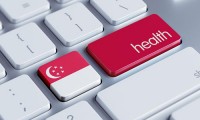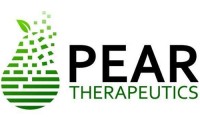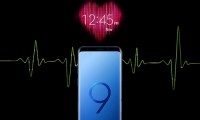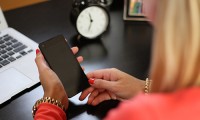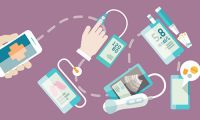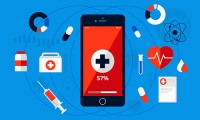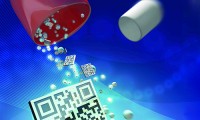-
Panther gets FDA nod for bone fixation device
- Source: FierceBioTech
- 514
- March 9, 2018
-
Singapore – Reining in runaway healthcare costs
- Source: Asia Advisors Network
- 501
- March 8, 2018
-
The Use of Internet of Things in Healthcare in 2018
- Source: Digital Salutem
- 582
- March 8, 2018
-
Global health startup PharmaJet with needle-free injectable device close to raising $5M
- Source: MedCityNews
- 1,013
- March 7, 2018
-
Pear Therapeutics and Novartis Will Collaborate on Prescription-Strength Apps
- Source: HCANews
- 761
- March 2, 2018
-
Samsung’s Galaxy S9 to include blood pressure monitor, research app
- Source: mobihealthnews
- 665
- February 28, 2018
-
FDA Orders Recall of Drug Dosage mHealth App for Diabetic Patients
- Source: mHealth Intelligence
- 772
- February 26, 2018
-
How to overcome digital documentation challenges in health care
- Source: healthcarebusinesstech
- 562
- February 24, 2018
-
How mHealth is Changing the Face of Indian Healthcare Sector?
- Source: Entrepreneur India
- 544
- February 9, 2018
-
Edible QR medication could help doctors prescribe more accurately, keep patients more informed
- Source: MobiHealthNews
- 487
- February 6, 2018
your submission has already been received.
OK
Subscribe
Please enter a valid Email address!
Submit
The most relevant industry news & insight will be sent to you every two weeks.


